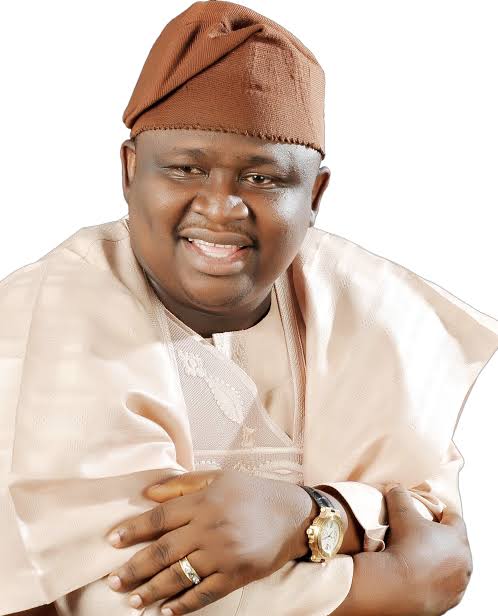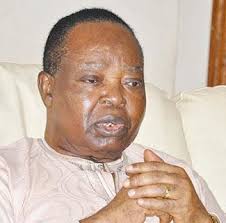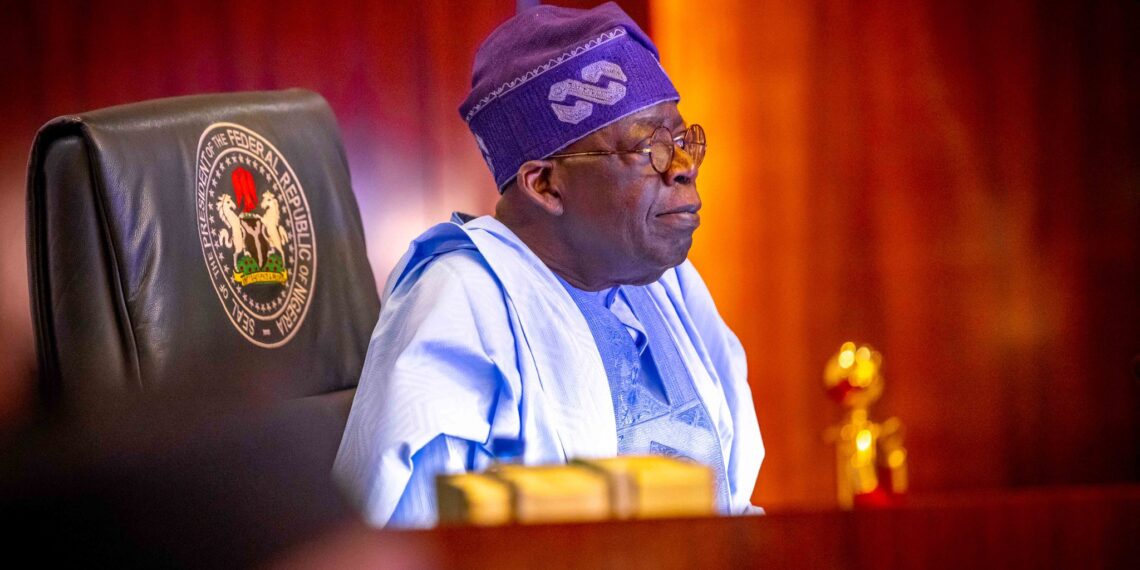A bill meant to amend the 59 Year-old Institute of Chattered Accountants of Nigeria (ICAN) Act CAP 15, 1965 on Tuesday scaled the second reading at the senate.
When passed, the act will empower the Institute to set standards and regulate the practice of Accountancy in Nigeria.
The proposed legislation, among others, is seeking to increase fines payable by a member upon a conviction on indictment from N1,000 to N500, 000.00 (N.5m)
The Chairman, Senate Committee on Appropriation, Senator Solomon Adeola, who sponsored the bill, decried the lack of review of the Act that has been hampering the activities of accountants over the years.
He explained that the current ICAN Act, came into effect on September 1, 1965, some 59 years ago.
The lawmaker explained that in line with the dynamics of the environment, the downturn in the economy and changing needs of chartered accountants over the years, it has become expedient and instructive to amend certain provisions of this Act.
He also reiterated the need to insert new provisions to bring the Act up to current realities and ensure that ICAN remains adaptive, forward-thinking, and attuned to the needs of our nation.
Adeola said, “A total of 26 amendments/ insertions are contained in the proposed amendment of the Act affecting sections and subsections of the Act as well as the Schedules of the Act as set forth below with rationale to guide this debate and allow its passage for second reading.
“There is a need to situate accounting practice to encompass developments since 1965 and to bring the practice to what obtains in other jurisdictions, hence the need to amend Section 1,14, 19 and inserting a new section 15.
“All the sections deal with issues of accounting practice and all areas that a chartered accountant is entitled to practice under the Act.
“Corporate governance of modern professional accountancy organisations has evolved, hence the need to amend parts of Sections 2, 3 and 6 and inserting new Sections 24 to 26.
“For instance, Section 3 of the Act is proposed for amendment because the Council of ICAN started off with a twenty-member structure in 1965 when membership was just 250.
“The number was increased to twenty-five subsequently in accordance with the provisions of the Act. With membership strength of over 53,000 today, the need to increase the membership of the Council to 36 has become compelling.
“Additionally, the amendment aims to strengthen ICAN’s collaboration with other professional bodies and regulatory authorities, both at home and abroad.”
Adeola added that such collaborations would foster synergy, knowledge exchange, and harmonization of standards, guaranteeing that Nigerian chartered accountants remain at par with global best practices and their global counterparts.
He argued that there was a need to enhance the capacity of the institute to carry out its mandate in the area of regulation and compliance.
The Senator said, “This has necessitated the need to amend sections 7, 8,11,12, 16, 18, 20 and 21.
“A glaring example for amendment is Section 18(5). In the 59 years old Act, a proven infraction on summary conviction of any of the offenses attracts a paltry N100 fine while a conviction on indictment attracts only a fine of N1,000.

An observation of a copy of the bill indicated that the the senator proposed that the N1,000 be increased to N500,000.00.
Adeola said, “You will agree with me that these sanctions for offenses that could lead to loss of millions or billions of naira, is not a deterrent to malpractices.”
“These amendments collectively aim to strengthen the legislative framework, expand the Institute’s structure, and enhance regulatory powers and professional integrity within the accountancy profession as in other jurisdictions of the world and global best practice.”
Senators who contributed to the debate agreed that the amendments to the 59 Year-old ICAN Act would improve the operations of the accountants in the country.




